Agribank Party Committee organizes Steering Committee Conference on preventing and combating corruption, waste and negativity in 2025
Agribank: Saving is national policy, governance is action
According to Agribank's leadership: In the context of growth model innovation, resource optimization is a vital requirement for economic organizations, especially for a key state-owned commercial bank like Agribank. On the basis of closely following the major orientations of the Party, the State and the direction of the State Bank, Agribank has issued the Action Program on practicing thrift and combating waste (THTK, CLP) in 2025 - a comprehensive, focused and far-reaching program.
Not only a political and legal task, THTK and CLP at Agribank are identified as core strategies to improve operational efficiency, competitiveness and ability to serve agriculture, farmers and rural areas. It is known that the program is built closely following Directive 01/CT-NHNN (dated January 20, 2025) and Resolution 01/NQ-HDTV (dated January 6, 2025), creating a synchronous, transparent and clearly controlled organizational framework.
Agribank's THTK and CLP programs are not simply about cutting costs but also a strategic component in building a modern, transparent and effective management system. With a nationwide network, a large number of employees and high operating costs, Agribank clearly recognizes that controlling expenditures is a vital factor in improving the efficiency of resource use.
Every Agribank officer seriously implements and carries out the practice of thrift and anti-waste.
Internal Control and Culture of Saving: The Core in Transforming Operating Models
During the 2021-2024 period, Agribank has implemented a series of specific measures to control finances, reduce costs and prevent waste. Across the system, 110 documents on THTK, CLP and 376 internal regulations have been revised and supplemented. In particular, the 2025 action program attached to Decision No. 316/QD-HDTV-TCKT clearly states 5 groups of key solutions, integrated into the criteria for evaluating cadres, party members and units.
In regular operations, the bank has proactively cut unnecessary costs such as electricity, water, meetings, and guest reception; applied technology to optimize processes, shorten organizational levels, and reduce personnel costs. These measures are implemented synchronously, from the head office to each branch and transaction office.
Agribank also demonstrated its determination in investment management. A series of technology projects were carefully reviewed, retaining only essential items to avoid duplication and dispersion. Equipment and software were selected based on the principles of "openness, high integration, and long-term compatibility".
In particular, the bidding process is standardized, conducted online and closely monitored. Investment monitoring software helps detect irregularities, issue early warnings and minimize losses. These reforms not only protect investment resources but also contribute to building a transparent and responsible governance culture throughout the system.
A notable point in the THTK and CLP programs is to control power and prevent internal corruption. Management and financial staff are rotated periodically to avoid the formation of "cohesive interests". The declaration of personal assets is linked to cross-checking and income transparency.
In addition, internal inspection and audit are enhanced, combined with software to monitor the implementation of audit recommendations. These tools help to provide early warning of risks, prevent losses and improve compliance in financial management, contributing to building a system of openness, transparency and integrity.
Entering the pivotal year of 2025, Agribank identifies THTK and CLP as strategic breakthroughs in the process of modernization and sustainable development. The program's goal is to optimize resources, reduce costs, improve efficiency in serving "agriculture and rural areas" and create room for digital transformation and technological modernization.
The highlight of the program is the development of quantitative savings targets for each field and each unit. Management is digitized, based on real-time data, helping leaders promptly control each expenditure line, detect waste early and make adjustments right from the start.
Each branch and transaction office must register at least one innovative initiative with a saving element, which will be considered for rewards and regularly replicated.
Agribank leaders shared that the bank has 5 pillars of the THTK and CLP programs in 2025.
First, comprehensively review regular and investment expenses and develop a quarterly quantitative savings plan.
Second, digitize expense management, apply real-time accounting software.
Third, organize emulation to combine savings with innovation and improve efficiency.
Fourth, control of procurement investment, cost-benefit analysis and post-investment monitoring.
Fifth, promote internal communication, publicize savings results and assign responsibility to leaders.
Notably, the program does not stop at technical measures, but becomes a management strategy, closely linked to a culture of integrity, enhancing competitiveness and social responsibility.
Mr. Minh
Source: https://baochinhphu.vn/agribank-trien-khai-chuong-trinh-tiet-kiem-chong-lang-phi-huong-toi-phat-trien-ben-vung-102250629140644173.htm



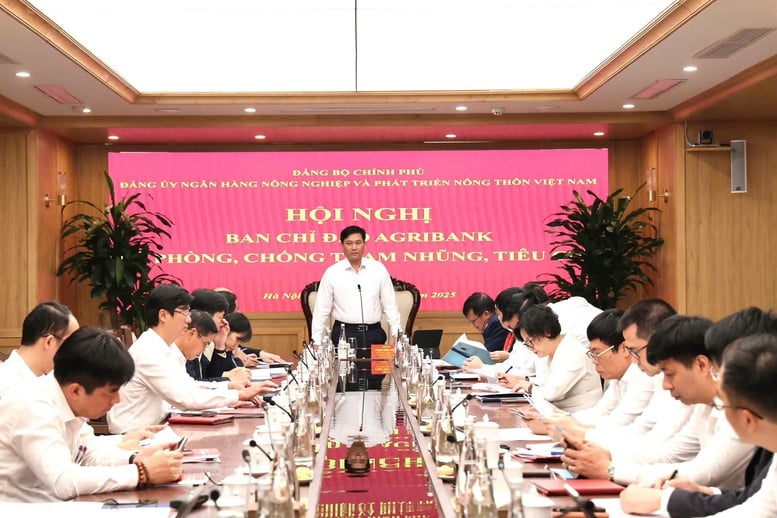
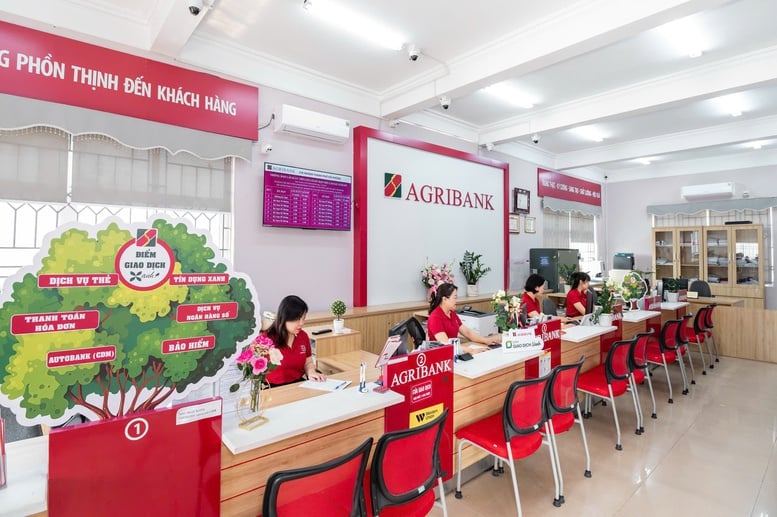






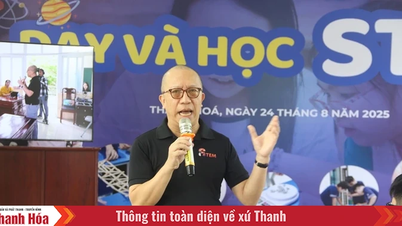



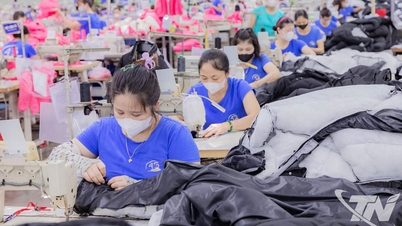

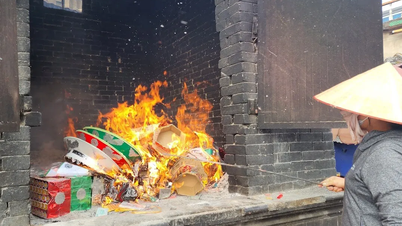

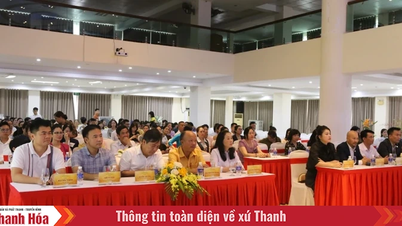


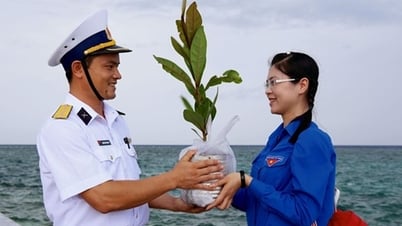

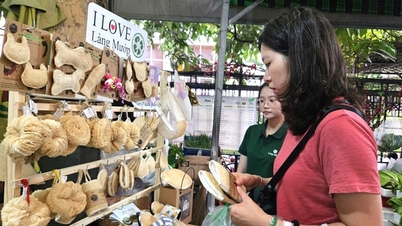



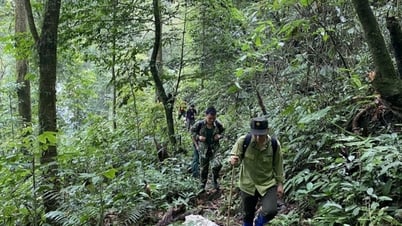







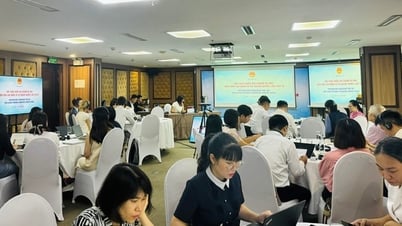
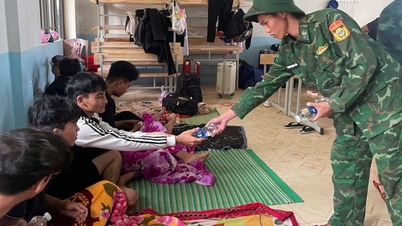


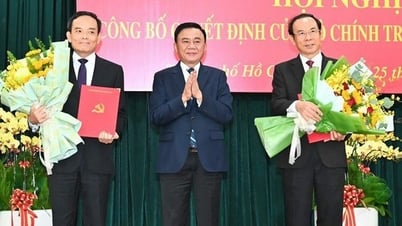
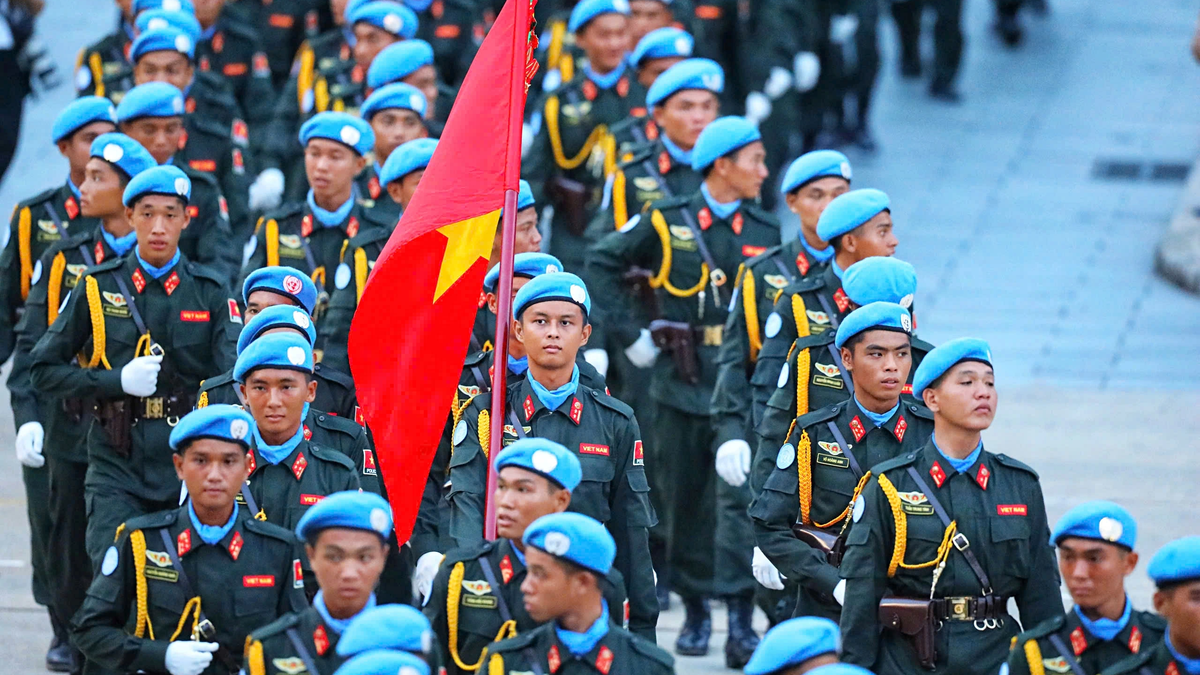





















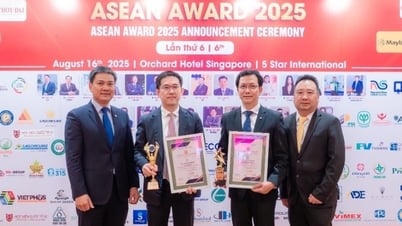



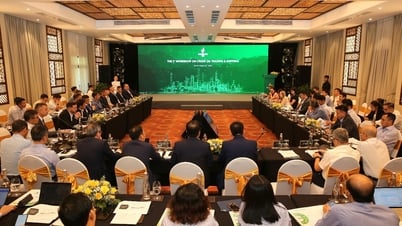



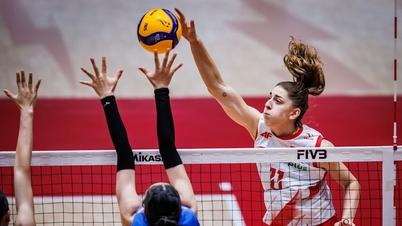
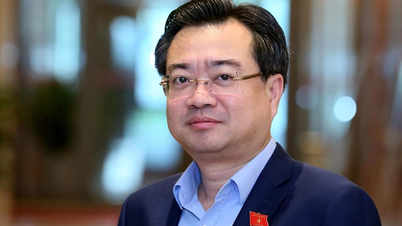


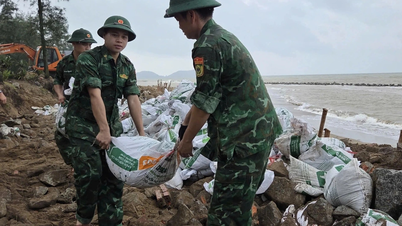
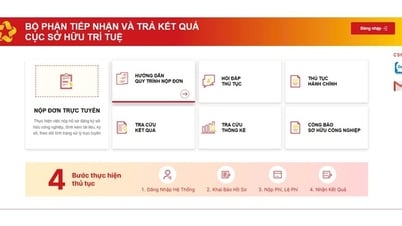

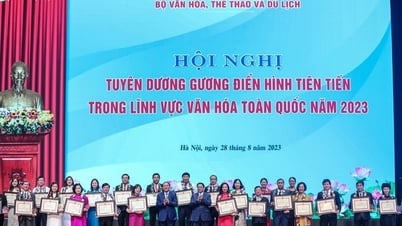

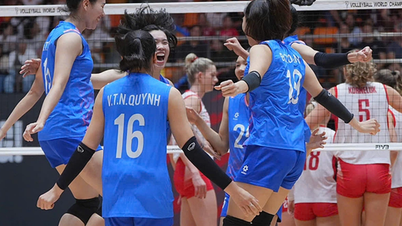


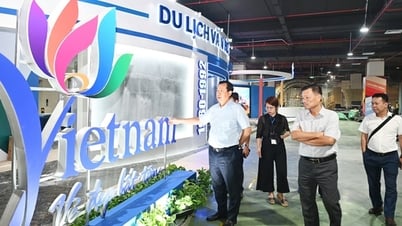
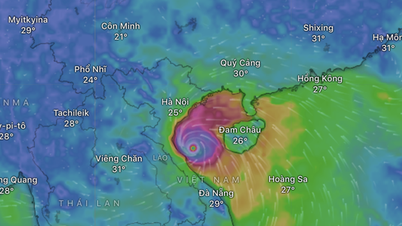

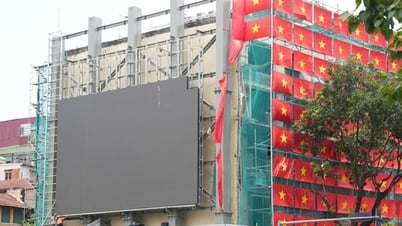
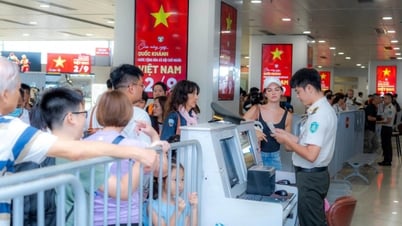



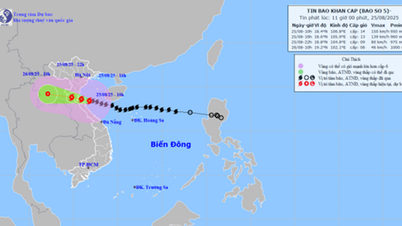










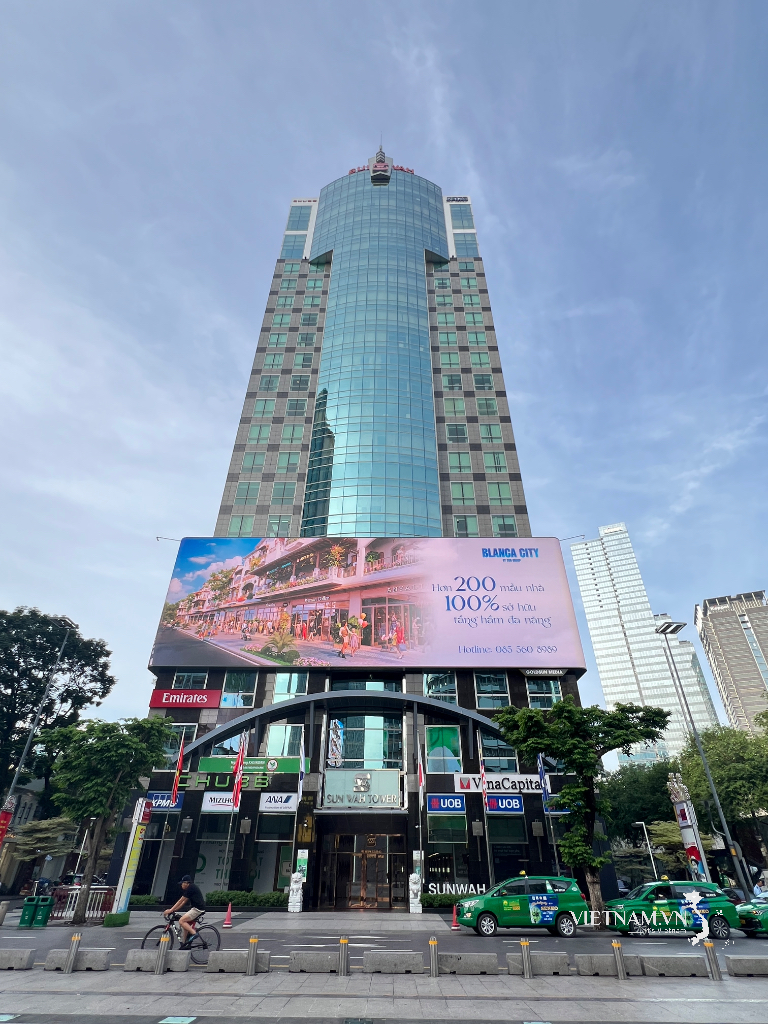
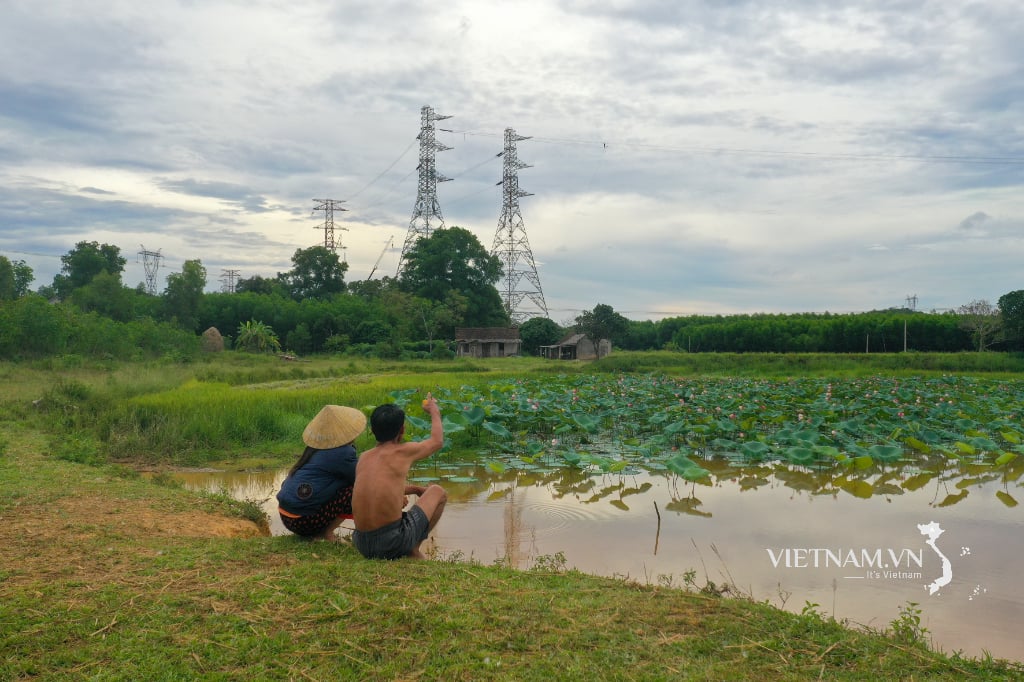
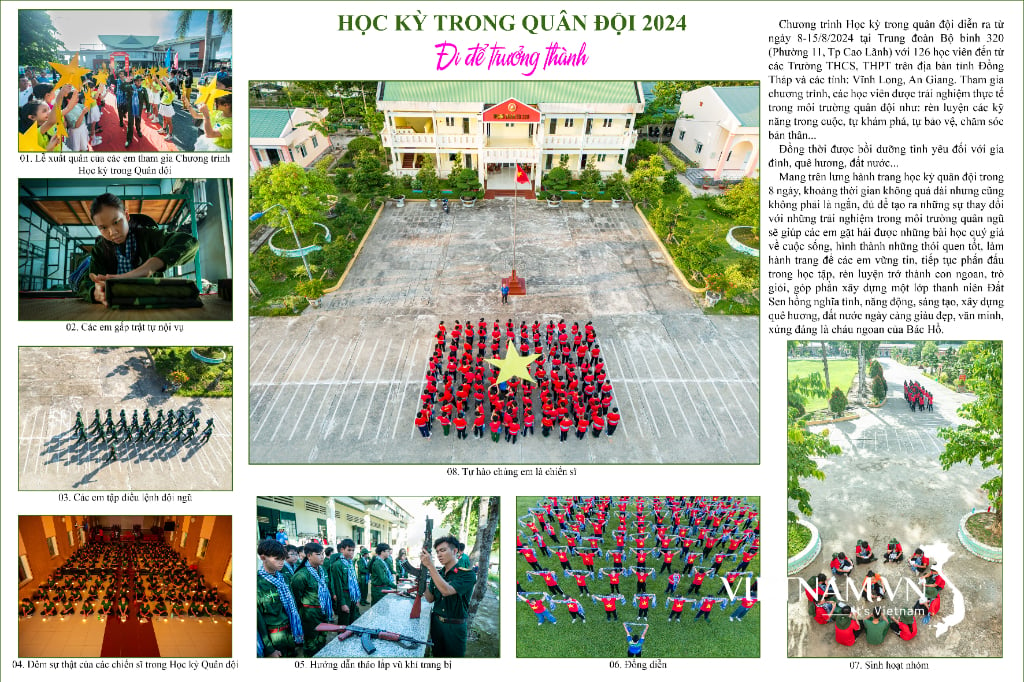
Comment (0)